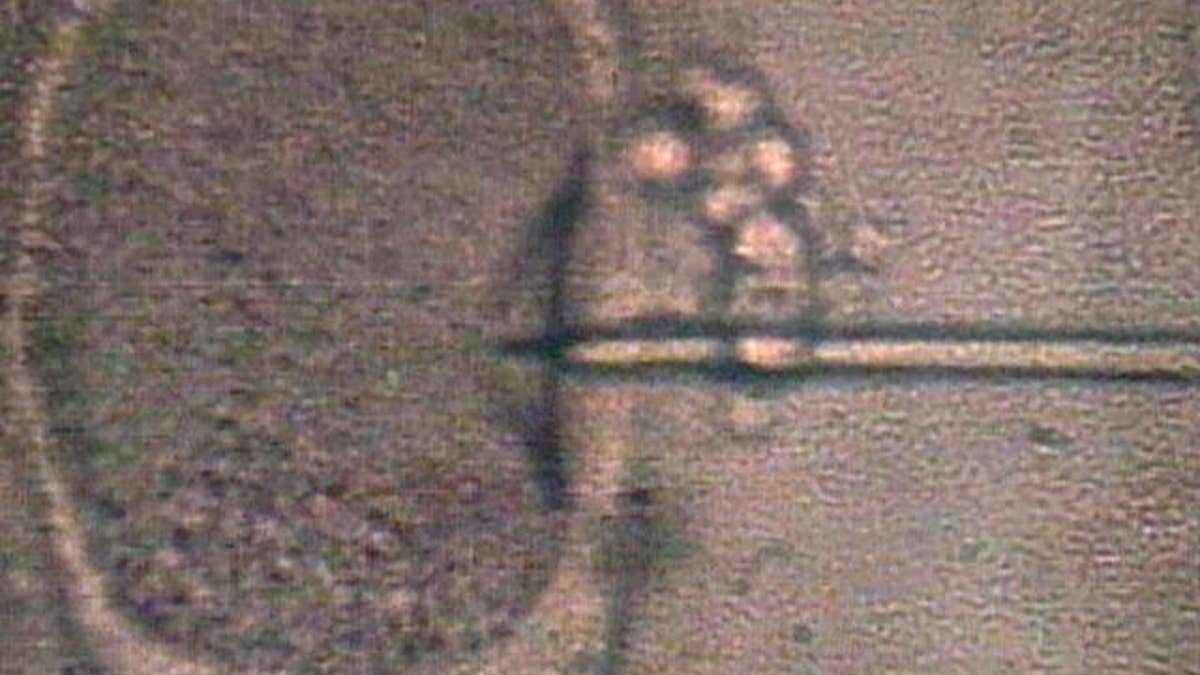
Scientists want to create designer babies with the DNA of three parents to prevent children inheriting life-threatening diseases.
IVF specialists argue they could eradicate mitochondrial mutations—which can cause multi-organ failure and fatal heart, liver and muscle conditions—by removing defective genes and replacing them with healthy DNA from a donor.
The procedure, described by scientific opponents as "fraught with danger," would ensure women with the severe genetic condition do not pass it on to their children.
"This would mean we are using the genes of three parents," Professor Peter Illingworth, of assisted conception services program IVF Australia, told The (Sydney) Sunday Telegraph.
Illingworth defended the procedure, saying it was "not properly understood" and "would not affect the child's genetic make-up."
He said the genes that determined behavior and appearance came from the nucleus of the cell— not the mitochondrion.
The illness he is aiming to avert affect the way a body converts food into energy and can cause strokes, seizures, growth problems, hearing problems and organ failure.
"We want to remove the mother's bad mitochondria and replace it with healthy mitochondria through IVF," Illingworth said. "We know women who have a defective mitochondria pass that on to their children. About one child a week is born in Australia with a mitochondrial condition. It is rare but very debilitating."
In Australia scientists are banned from using the DNA of more than two people in any research. But the federal government is reviewing the Research Involving Human Embryos Act after a report was tabled in parliament last year.
Illingworth said scientists hoped the government would alter the law to allow research into embryo transfers. "The health implications of these diseases are so serious this research should be allowed," he said.
Last month scientists at Newcastle University in England were given AU$6.5 million (US$6.96 million) to research the technique. However scientists Down Under are at odds over the issue.
IVF Australia wants to replace a woman's corrupt mitochondrial genes in the ovum with a second woman's mitochondrial genes. But Kolling Institute of Medical Research and University of Sydney Professor Carolyn Sue said this technique might not work.
"If you just put in some foreign DNA it might get eradicated," she said. "I think if IVF Australia is planning to do that it would be fraught with danger."
Advocacy group New South Wales Right to Life and religious organizations including the Catholic Church opposed changes to the law in their submissions.




















